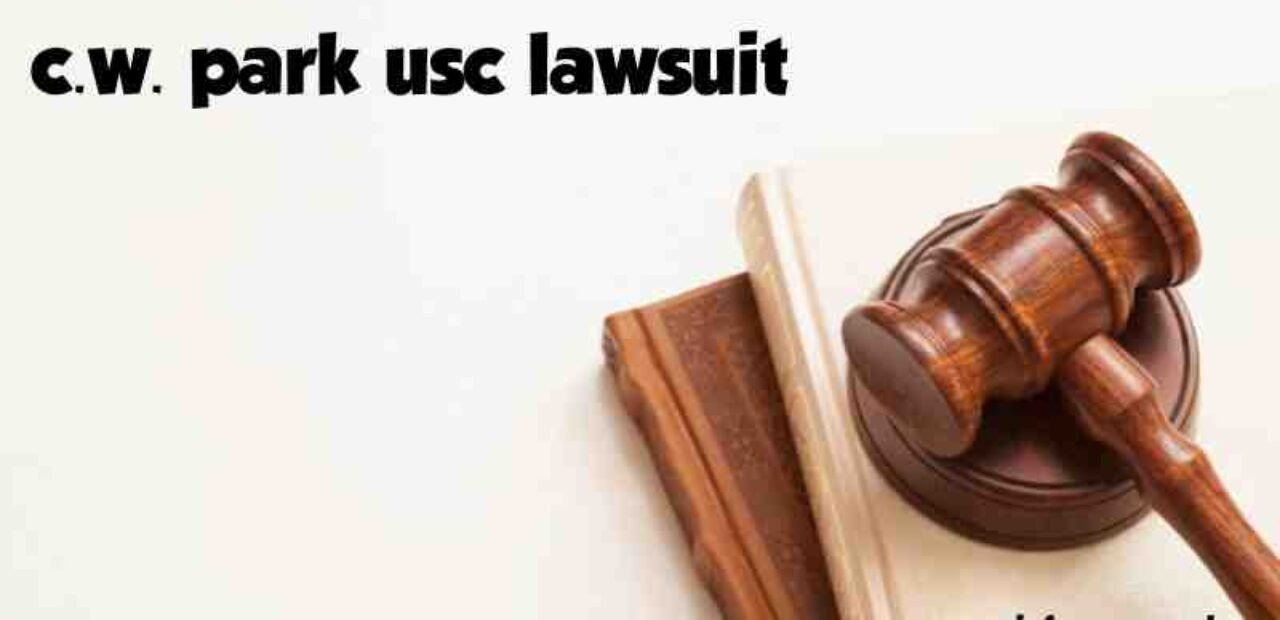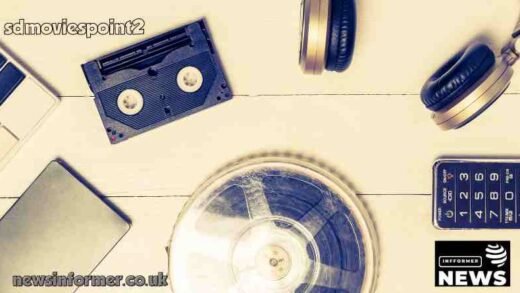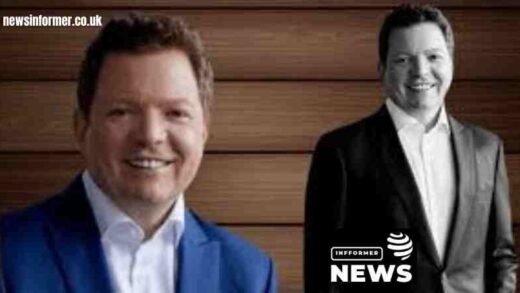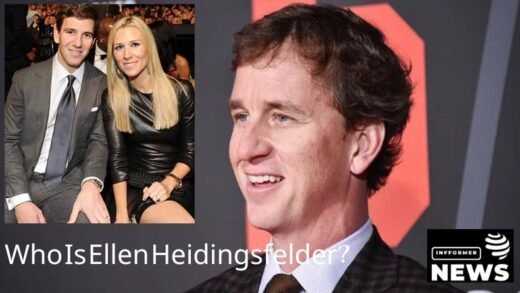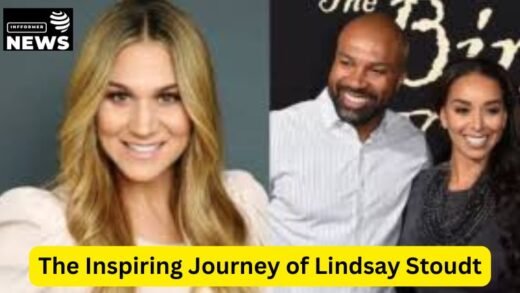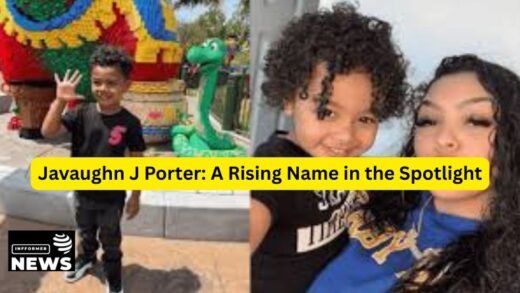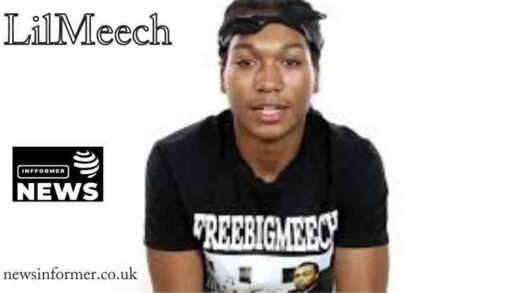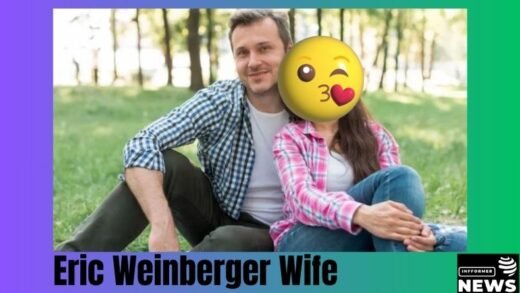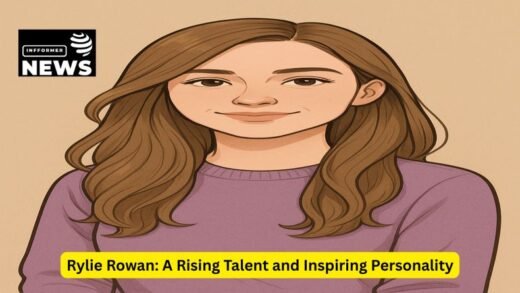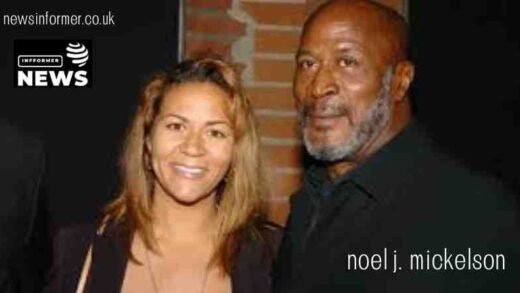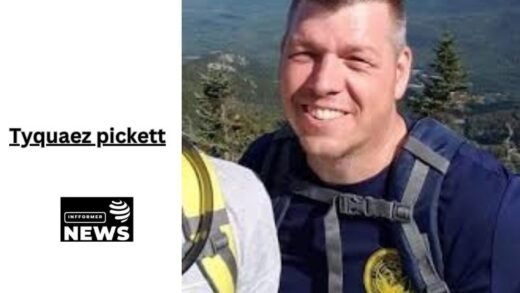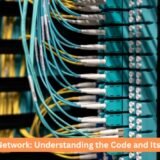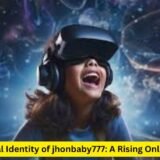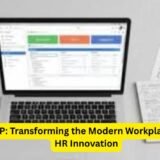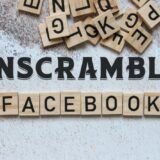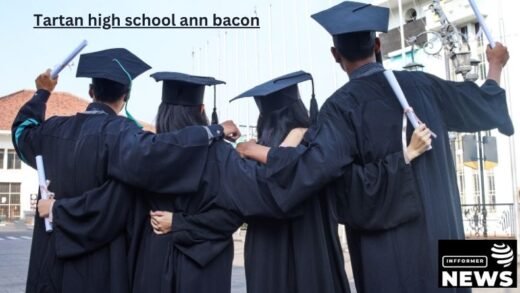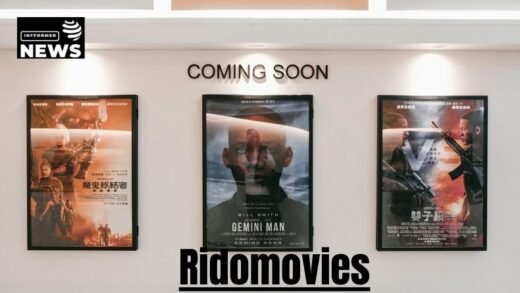Unraveling the C.W. Park USC Lawsuit: What You Need to Know
The legal landscape surrounding higher education institutions often encounters significant challenges, and the C.W. Park USC lawsuit is no exception. This article delves into the intricate details of the case, providing a comprehensive understanding of the key issues, implications, and potential outcomes. By examining the background, legal arguments, and broader impact, readers will gain valuable insights into this high-profile legal battle.
Background of the C.W. Park USC Lawsuit
The C.W. Park USC lawsuit centers on allegations made by Dr. Cheon Won (C.W.) Park, a tenured professor at the University of Southern California (USC), against the university. Dr. Park, a respected scholar in marketing and consumer psychology, filed a lawsuit claiming wrongful termination, breach of contract, and discrimination. According to Dr. Park, his dismissal was not only unjustified but also rooted in racial and age discrimination, which violates both federal and state laws.
Dr. Park’s tenure at USC began in the early 1990s, and he quickly established himself as a leading figure in his field. His contributions to the university were significant, with numerous publications, successful research grants, and a strong record of mentorship. Despite his accomplishments, Dr. Park alleges that he faced increasing hostility and unfair treatment from university administration, culminating in his termination in 2022.
Legal Arguments and Allegations
Dr. Park’s lawsuit presents several legal arguments, each with profound implications for employment law and academic freedom. One of the central claims is wrongful termination, where Dr. Park argues that his dismissal violated the terms of his employment contract. He asserts that USC failed to follow proper procedures and did not provide adequate justification for his termination, thereby breaching the contract.
Another critical aspect of the lawsuit is the allegation of discrimination. Dr. Park contends that his termination was motivated by racial and age discrimination, pointing to a pattern of biased treatment and disparate impact. He highlights instances where younger, non-Asian faculty members received preferential treatment in terms of promotions, research funding, and administrative support. These allegations raise important questions about diversity, equity, and inclusion within academic institutions.
The University’s Defense
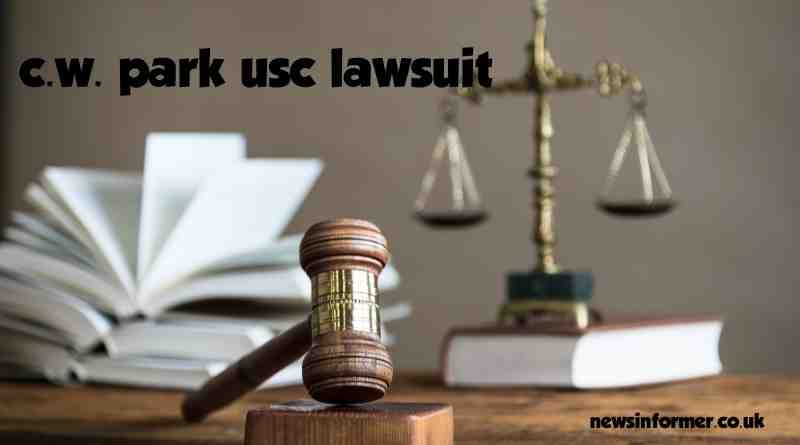
In response to Dr. Park’s lawsuit, USC has mounted a robust defense, challenging the allegations on multiple fronts. The university maintains that Dr. Park’s termination was based on legitimate, non-discriminatory reasons, including performance issues and violations of university policies. USC argues that the decision to terminate Dr. Park was made following a thorough review process, which adhered to established procedures and standards.
Furthermore, USC disputes the claims of discrimination, emphasizing its commitment to diversity and inclusion. The university points to its various initiatives aimed at promoting a diverse faculty and fostering an inclusive environment. USC asserts that Dr. Park’s allegations are unfounded and lack substantial evidence, framing the lawsuit as an attempt to undermine the university’s reputation and operational integrity.
Broader Implications and Impact
The C.W. Park USC lawsuit has far-reaching implications, not only for the parties involved but also for the broader academic community and legal landscape. This case touches on critical issues such as tenure protection, academic freedom, and the rights of faculty members. The outcome of this lawsuit could set significant precedents for how universities handle employment disputes and allegations of discrimination.
One of the key concerns is the potential impact on tenure protections. Tenure is designed to provide faculty members with job security and academic freedom, allowing them to pursue research and teaching without fear of unjust termination. However, if Dr. Park’s termination is upheld, it could signal a weakening of tenure protections and raise questions about the stability and autonomy of academic careers.
Additionally, this lawsuit highlights the ongoing challenges related to diversity and inclusion in higher education. The allegations of racial and age discrimination underscore the need for institutions to critically examine their policies and practices to ensure fair and equitable treatment for all faculty members. The case serves as a reminder that universities must be vigilant in addressing bias and fostering an environment where diversity is genuinely valued.
Potential Outcomes and Future Directions
As the C.W. Park USC lawsuit progresses through the legal system, several potential outcomes could shape the future of this case and similar disputes. If the court rules in favor of Dr. Park, it could result in significant financial compensation and possibly reinstatement to his former position. Such a verdict would also likely prompt USC and other universities to reevaluate their employment practices and strengthen protections against discrimination.
Conversely, if USC prevails, it could reinforce the university’s stance on employment policies and procedures, potentially leading to more stringent standards for faculty performance and conduct. This outcome might also discourage other faculty members from pursuing legal action, fearing that their cases could face similar challenges.
Regardless of the verdict, the C.W. Park USC lawsuit is poised to influence future legal battles in the academic sphere. The case underscores the importance of clear and transparent employment policies, rigorous adherence to procedural fairness, and a genuine commitment to diversity and inclusion. Universities must navigate these complex issues with care, balancing the need for accountability with the principles of academic freedom and equity.
Conclusion
The C.W. Park USC lawsuit is a pivotal case that encapsulates critical issues in higher education, including wrongful termination, discrimination, and the protection of academic freedom. As the legal proceedings unfold, the outcome will have significant implications for the parties involved and the broader academic community. By understanding the background, legal arguments, and potential impact of this case, stakeholders can better navigate the complex landscape of employment law and academic rights.
This lawsuit serves as a crucial reminder of the ongoing need for universities to foster inclusive environments, uphold fair employment practices, and ensure that the principles of equity and justice are embedded in their institutional frameworks. As higher education continues to evolve, the lessons learned from the C.W. Park USC lawsuit will undoubtedly shape the future of academic employment and the pursuit of scholarly excellence.
Read also: check

